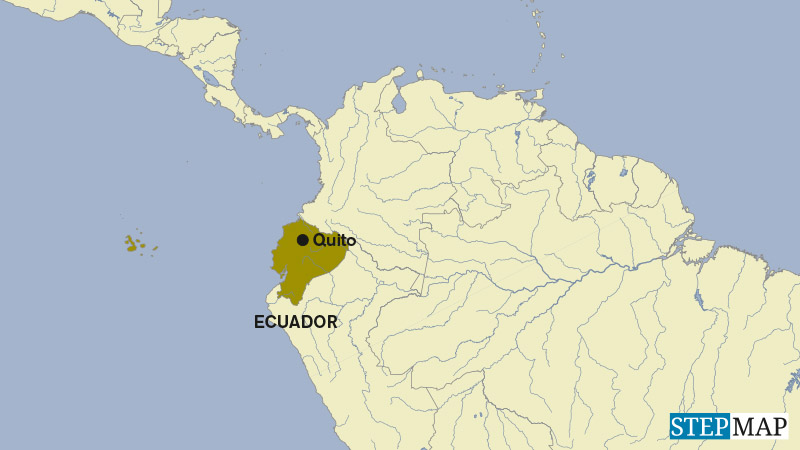An incomplete triumph
Al Gore recently won the Nobel Peace Prize for raising awareness of the dangers of global warming among the general public. A few months earlier, “An inconvenient truth”, his documentary film on the subject, won an Oscar. These recent successes tend to let people forget that he published his bestselling book “Earth in the balance” as early as 1992. Much of it holds true today.
1992 was the year of the UN Conference on Environment and Development in Rio de Janeiro, and “sustainable development” suddenly became an international buzzword. This principle holds that the gulf between rich and poor must be corrected as well as that future generations must have the same opportunities as people living today. The “Earth Summit” resulted in conventions on climate protection, biodiversity conservation and the halting of desertification. The international community seemed to be on the right track.
Nonetheless, things only went from bad to worse. Yes, the UN Framework Convention on Climate Change was followed just five years later by the Kyoto Protocol, in which developed countries made careful commitments to reduce carbon emissions. But then everything stalled. US President Bill Clinton – Gore was his vice president – saw no chance of getting Republican-dominated Congress to agree to Kyoto; and Clinton’s successor, George Bush, backed out completely. Without involvement of Earth’s only super power, however, the Kyoto Protocol had no bite.
Germany and Britain are the only leading industrial nations to have met their targets, and the progress they made is more than offset by major emerging markets, which are simply copying the model of western consumer societies. That approach goes against the grain of Kyoto; but it is understandable so long as the advanced nations do not provide a better model. And they don’t. Huge 4x4 SUVs cruise the streets of trend-setting rich metropolises. Air traffic is increasing. The global economy now uses 70 % more steel than it did in 1997.
At the same time, it is becoming ever more evident that the greenhouse effect is a very real phenomenon. Freak weather is becoming more common. In September, heavy rainfall submerged the Sahel region right across Africa. The floods were so spectacular that hurricane damage in Nicaragua and catastrophic flooding in South Asia went largely unnoticed by the international media.
Climate change will harm poor countries in particular. According to Oxfam estimates, they will need an annual amount of at least $ 50 billion dollars to adapt – on top of all aid already pledged. Wealthy donor nations currently spend about $ 100 billion each year on official development assistance. They will have to provide much more money. And support for adaptation does not include the huge expense they must make to reduce climate emissions at home and to make possible corresponding programmes in emerging markets.
Next month, talks on the follow-up to the Kyoto Protocol will begin in Bali. Given the many problems Bush is facing domestically and internationally, it is hoped that the USA will cause less trouble than in the past. But Washington will certainly not become a role model as long as he is president. In spite of Washington’s unending claims to global leadership, the nation which is indeed indispensable for climate protection is simply not rising to its responsibility. It is a shame that Gore only scored media triumphs, but did not prevail in policymaking.










